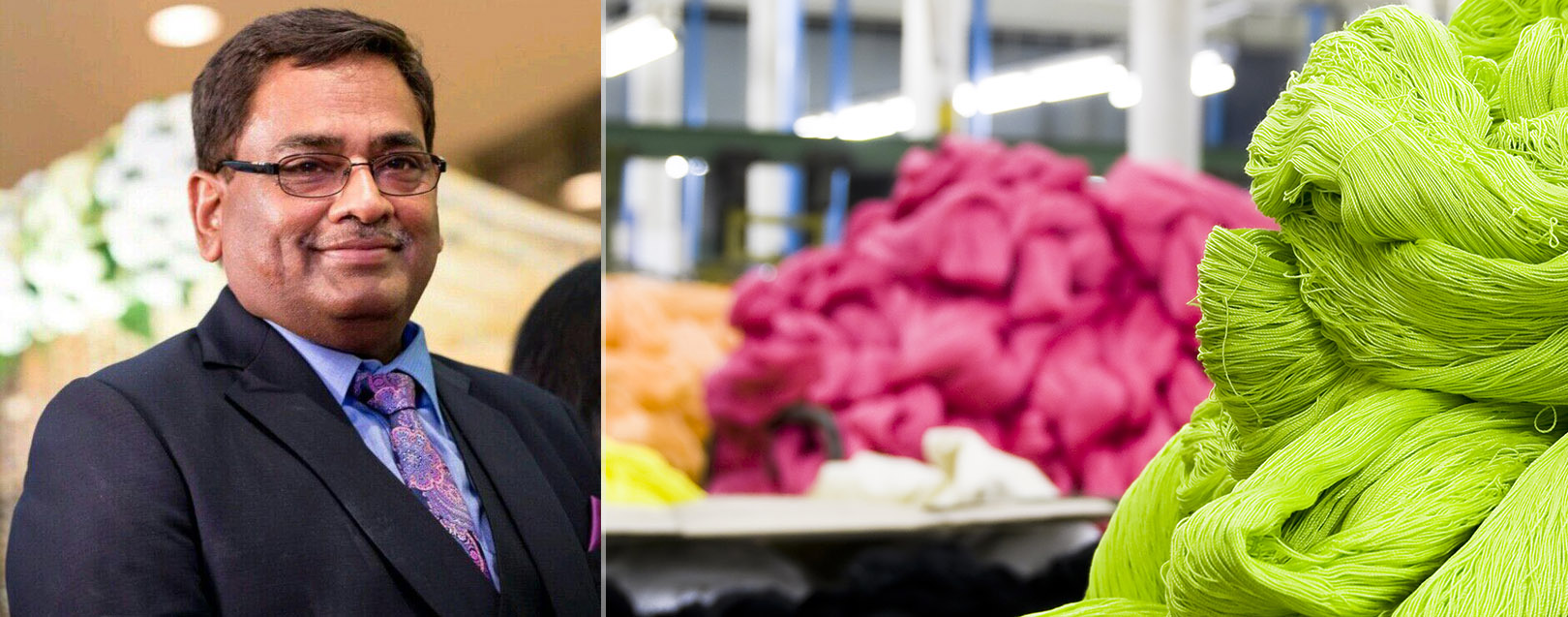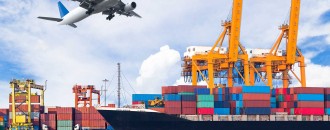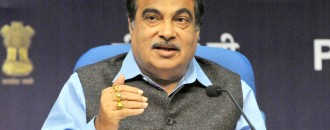
Rightly directed FTAs need of the hour for the Textile Sector: Vinay
Ahmad Shariq Khan
India’s exports of bedspreads, in value terms, have seen a phenomenal rise in the last decade. And it’s one of those few export products where China plays catch-up to India. With India expected to further consolidate its leadership position in the coming years, bedspreads appear a safe and snug option for an export business.
When it comes to exports of bedsheets or bedspreads (HS Code: 630419; bedspreads of textile materials, not knitted or crocheted), India has always been a clear leader in exports. In fact, India’s overseas shipments of bedspreads in CY2015 stood at $980.33 million, against the world exports of $1.38 billion during the same period – that’s an impressive 70 percent global share!
India’s dominance in exports of bedspreads can also be gauged from the fact that it’s one of the few export products where China, for a change, plays catch-up to India. [China, the world’s second-biggest exporter of bedspreads, managed to ship just $226.78 million worth of bedspreads in CY2015]. What’s more, India’s exports, in value terms, have almost quadrupled in the last decade to touch about a billion dollars in CY2015 from just $282.52 million in CY2006. That speaks volumes about the export performance of the industry and its importance as a significant foreign exchange earner for the country.
The Dollar Business spoke to Vinay Aggarwal, Director, Kalakriti Exports, on wide-ranging issues affecting the textile sector.
TDB: Please tell us a bit about your business operations.
Vinay Aggarwal (VA): We started our business operation in 1997, initially with jute bags. Thereafter in 2002, we diversified into home furnishing items and it was the year when we started the export of table linen. Initially, we were mainly exporting to USA but now we have included the European market as well. Presently, we export 100 percent of our products.
TDB: How do you see the current market of made up items including top- of-bed items, nationally and globally?
VA: Basically home furnishing items, including top-of-bed items are still not considered as a necessity product and duringrecession, this would be the last product in which a person would invest in. But then despite this inherent challenge of the sector, I would say, we have moulded ourselves according to the changing times. I believe, throughout our business journey, we have survived many a tough ones and have picked up lessons all along, which we are now using to move forward.
TDB: Of late, China has emerged as a competitive force in your segment, how do you see that?
VA: This is one question which everyone asks. Practically, I would say that we don’t have any competition with China as their strength is different from ours. So while they specialise only in machine-made items, we do both machine and handmade items. However, China does offer much better, in-demand fabrics but then we too have many USPs that separates us from them. I would like to tell you that we are now exporting to China too. This has been made possible because of our excellent hand work and creative designs, which, presently China is lacking in.
TDB: In made up items, how do you see the competition and the working environment?
VA: Competition is manifold in international business. With regards to China, we don’t have much competition as far as handmade items are concerned. With regard to their machine-made products, we don’t have much of a price difference now. The rest of the countries are lagging behind in terms of creative designs and quality of hand works.
Definitely, there is competition with domestic exporters selling to a common market. Though our unit is socially-compliant, but then across the spectrum, we find major exports still coming from the unorganised sector, comprising many suppliers that either do not want to, or pay no attention to aspects such as social compliances etc. We need to bring them into the mainstream. Today, if I tell our employee not to do overtime (which is not legal as per the law) he will not work with us. Hence, labour issues are a big concern for us. I also believe Amended Technology Upgradation Fund Scheme (ATUFS) is a good scheme but its proper implementation holds the key to the sector’s growth. GST will also now help in minimising costs on many fronts.
TDB: What about the availability of raw material for your sector, do you think India is self-reliant on this parameter?
VA: Yes, with regards to availability of raw material, I believe India is self-reliant. However, a lot of technology upgradation in our textile mills is needed – for example in the quality of fabric we use - quality of velvet, or cotton we use. In the case of silk, many of us, looking for better quality, are now actually importing it from China, getting hand work done domestically, and then making them export-ready. Hence, we need to improve the quality of fabrics that we use in the country. The recently-announced Rs.6,000 crore special package for the textile and apparel sector by the Union government can benefit us a lot.
TDB: Are you happy with the export incentives currently provided to players of your sector? What more you wish the government should be doing?
VA: Cost of finance is too high at the moment. Infrastructural bottlenecks, communication issues are hurting us in a big way. The whole process of duty drawbacks is too complex. Generally, post consignments, we forget about all these issues. In short I would say, we don’t want incentives but just wish for a clean, transparent working environment.
TDB: How do you see the Make in India campaign?
VA: Although the policy looks good, but going forward, labour laws, taxation issues could be real challenges to the policy.
TDB: Most of the FTAs that India has signed have not resulted in desired benefits for Indian manufacturers. What is your take on this?
VA: Yes, sadly, this has been the case in the past too. So to overcome such disasters and to boost exports we need to have more number of rightly directed FTAs such as, an agreement with the EU, which I believe is the need of the hour.






 to success.
to success.